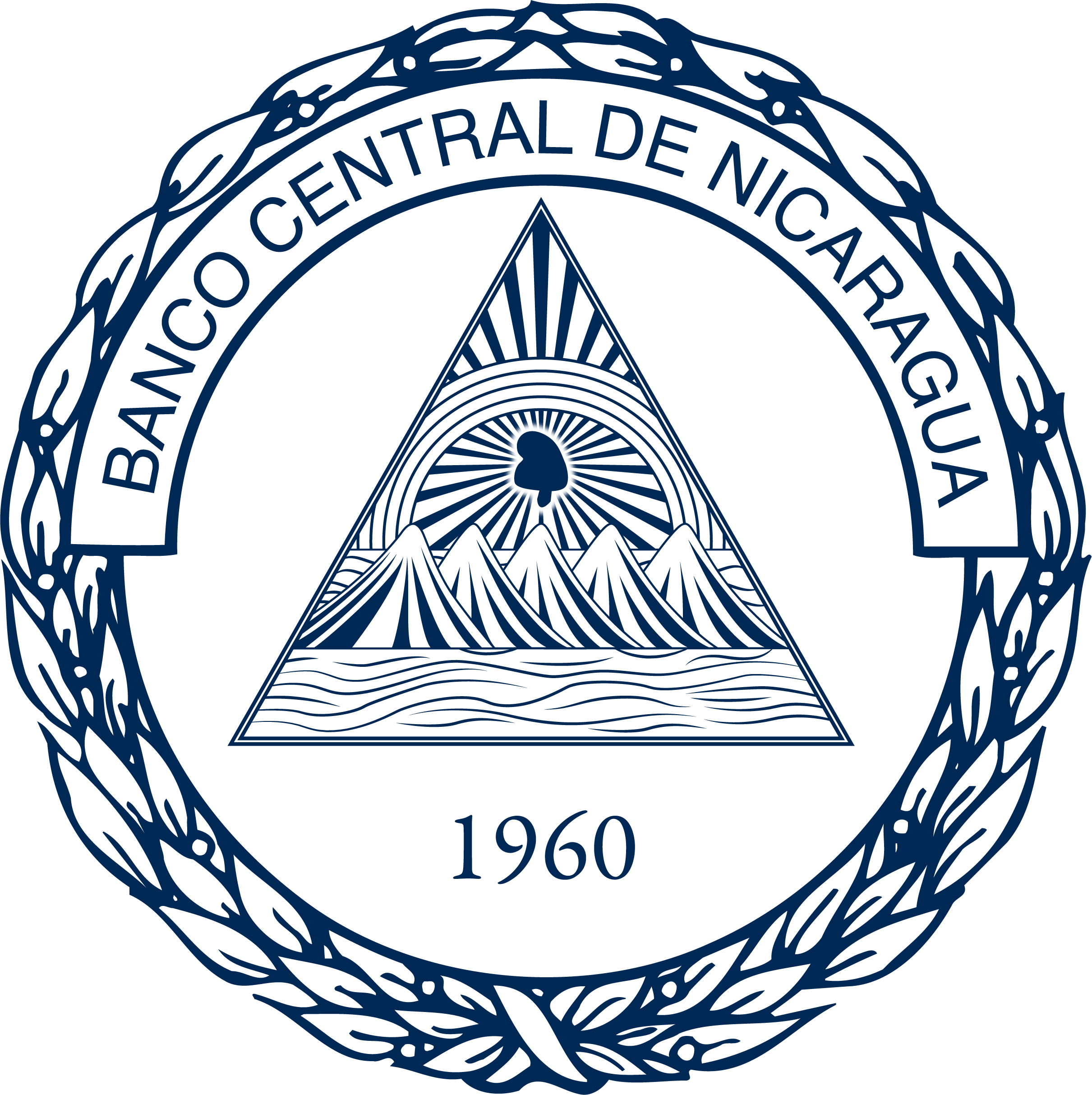Key Information
Central Bank of Nicaragua
Banco Central de Nicaragua is the central bank of Nicaragua and the primary institution responsible for managing the country’s monetary policy and ensuring the stability of its financial system. Established to modernize the nation’s economic framework, the bank is charged with issuing the Nicaraguan córdoba, managing foreign reserves, and supervising the performance of commercial banks. Its mandate includes employing various policy instruments to control inflation, regulate liquidity, and foster a sound banking environment. Facing challenges associated with economic volatility and external pressures, the bank has increasingly focused on modernizing its operations by adopting digital payment technologies and strengthening cybersecurity measures to protect sensitive financial transactions. Regular publication of economic analyses, policy updates, and performance reviews is a cornerstone of its commitment to transparency and public accountability. Banco Central de Nicaragua also engages with international financial institutions to align its regulatory frameworks with global best practices, thereby enhancing its capacity to mitigate systemic risks. Efforts to promote financial inclusion have been a priority, with targeted initiatives aimed at extending modern banking services to underserved regions and populations. Through a balanced mix of traditional monetary policy tools and innovative digital reforms, the bank plays a crucial role in stabilizing the national economy, supporting sustainable growth, and ensuring that Nicaragua’s financial system remains resilient amidst changing domestic and global conditions. Overall, it serves as an essential pillar for long‑term economic development and fiscal discipline in Nicaragua.
CBDCs
No CBDCs linked…
Articles




